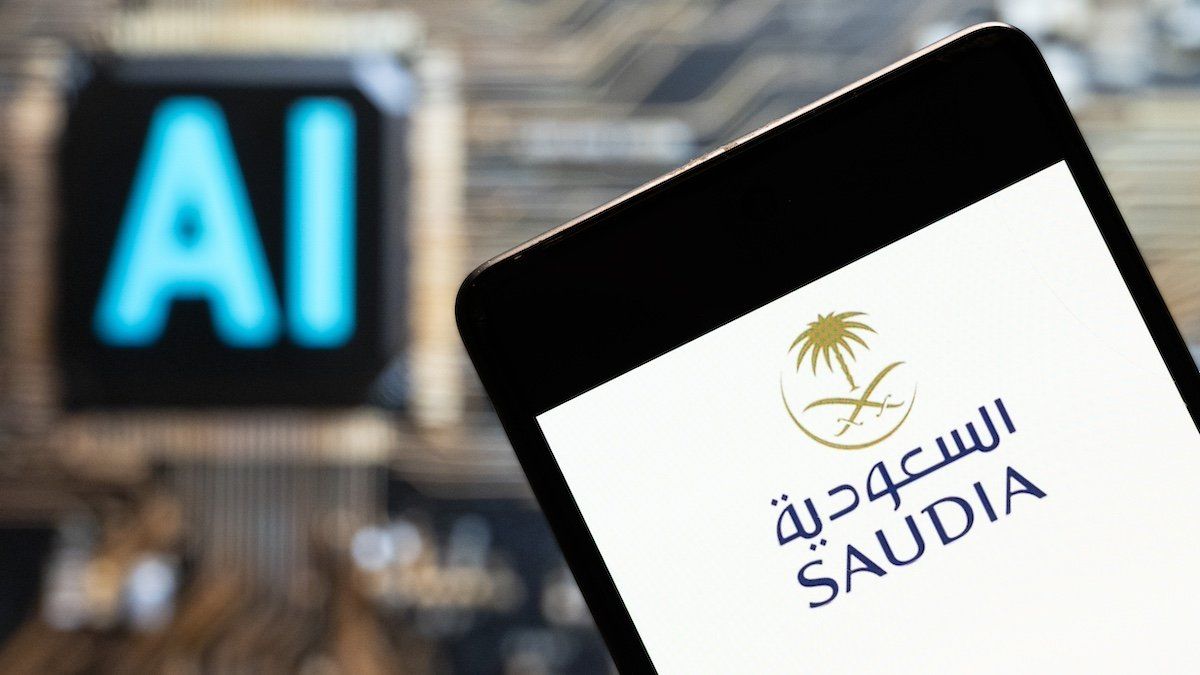Sir Edward Byrne, recently named the head of King Abdullah University of Science and Technology in Saudi Arabia, or KAUST, signaled that the institution will prioritize US technology and cut off ties with China if it jeopardizes its access to chips made in the US.
Byrne, an Australian neuroscientist, served as president at King’s College London from 2014 to 2021, and he was named president of KAUST last month. KAUST’s researchers depend on high-end chips from US companies such as Nvidia and AMD to train and run powerful artificial intelligence models and applications.
Both the US and China have vied for power in the Arabian peninsula, but the US has a clear advantage with most of the top chip and AI companies in the world — as well as strict export controls for US companies shipping to China or intermediaries.
Byrne is following the lead of others in the kingdom. In May, the chief executive officer of the Saudi Public Investment Fund-backed fund Alat also said that if asked to choose between the US and China, the fund would divest from China.
At a global AI summit in Riyadh last month, the Saudi Data and Artificial Intelligence Authority recently announced a deal to buy 5,000 Nvidia graphics chips to help develop an Arabic large language model, pending US government approval. The future of Saudi tech depends on the US and, it seems, the government and its most important institutions are signaling that while they don’t want to choose sides, the answer is clear as to who would win if they did.
